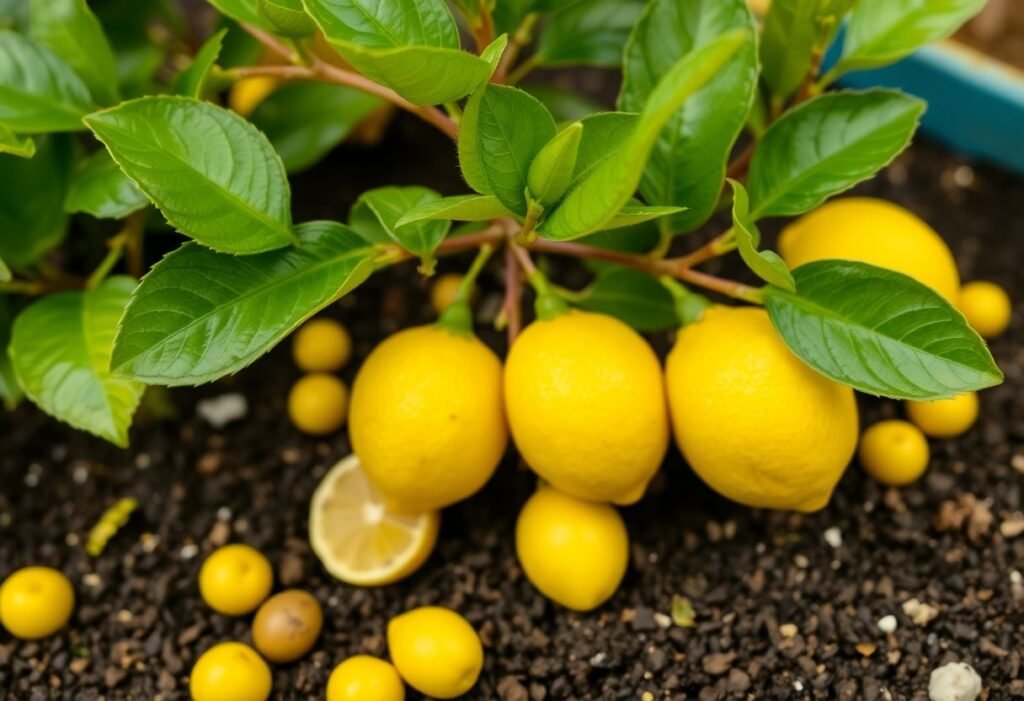Why Plant Lemon Pips?
There are numerous reasons to consider planting lemon pips. First and foremost, nothing beats the taste of a freshly harvested lemon from your own tree. Lemon trees also emanate a vibrant aroma and lush foliage, enhancing your home garden’s visual aesthetic. Additionally, nurturing a plant can bring immense joy and satisfaction as you watch it grow, reminding you of nature’s wonders.
Preparing the Lemon Pips
Before planting lemon pips, proper preparation is crucial. Choose ripe, juicy lemons and extract the seeds carefully. Thoroughly rinse the seeds to remove any pulp residue, and allow them to dry for a few hours. For quicker sprouting, you can soak them overnight in warm water. This vital step encourages germination and increases your chances of success.
Optimal Conditions for Growth
When planting lemon pips, it’s essential to provide the right growing conditions. Lemon trees thrive in bright light, so place them by a sunny window or on a warm porch. Use well-draining soil to prevent overwatering, which can lead to root rot. Keeping the environment warm and humid will foster a healthy atmosphere for your seeds to sprout and grow.
The Planting Process
To start planting lemon pips, dig small holes about 1-2 inches deep in your prepared soil. Space the seeds adequately to allow for growth and avoid overcrowding. After placing the seeds in the soil, cover them gently and water the area lightly. Maintain a warm and humid environment to encourage rapid germination, and watch closely for signs of new growth!
Care for Your Lemon Seedlings
Once you’ve embarked on the journey of planting lemon pips, proper care is paramount for young plants. Keep the soil consistently moist but not soggy, as overwatering can stunt growth. When your seedlings begin to flourish, consider applying a specialized citrus fertilizer every few weeks to give them the essential nutrients needed for strong development.
Will You Always Get Fruit?
While planting lemon pips is an exciting endeavor, patience is key. Lemon trees can take several years to produce fruit, and the results can vary depending on the variety and growing conditions. Though you may have to wait for the fruits, even non-fruit-bearing plants can be stunning additions to your garden.
Designing Your Citrus Garden
Integrating planting lemon pips into your garden design can be a fantastic way to add character. Consider planting lemon trees alongside herbs or other fruits to create a beautiful edible landscape. Place pots on patios or deck spaces to enjoy the natural beauty and delightful scent of lemon trees while relaxing outdoors.
Conclusion
In summary, planting lemon pips offers a rewarding experience that adds life to your garden and enriches your kitchen. Engage in this fulfilling hobby, where each step is a connection to nature. Don’t wait any longer—grab those lemon pips and start your gardening journey today for the chance of a bountiful future!
Disclaimer
Results may vary when growing plants, and success depends on various factors such as environment, care, and conditions. Tips provided are general advice, so use your judgment during the process.

















